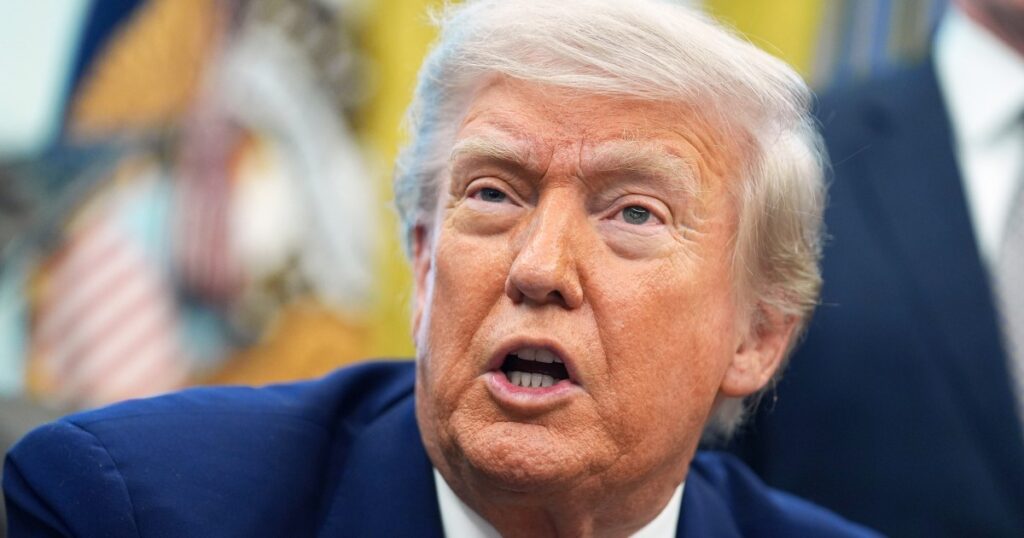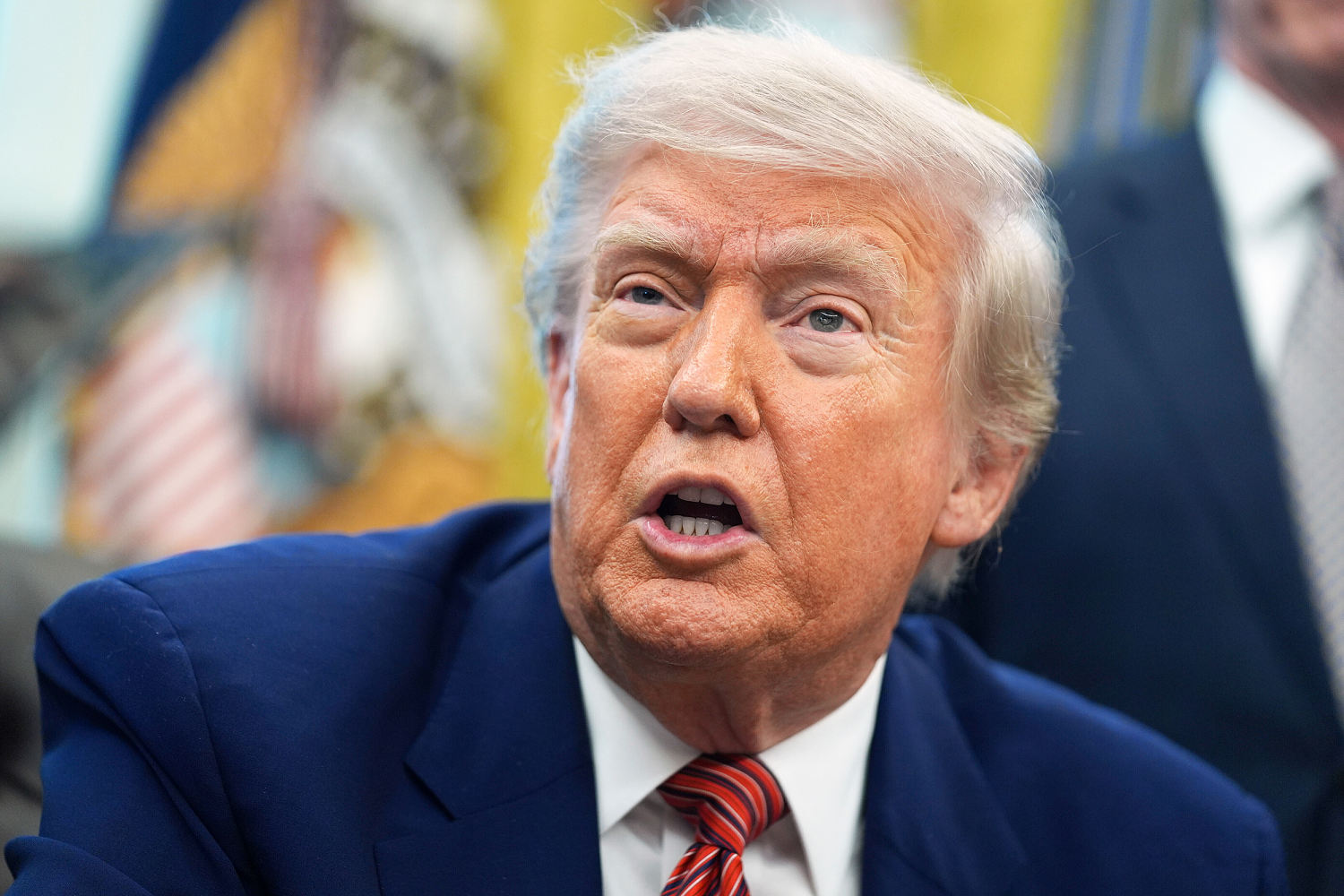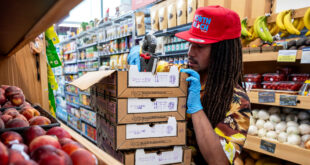

A federal appeals court Thursday temporarily paused rulings by a panel of judges that halted several of President Donald Trump’s tariffs on international trading partners.
The “judgments and the permanent injunctions entered by the Court of International Trade in these cases are temporarily stayed until further notice,” the U.S. Court of Appeals for the Federal Circuit said in a brief ruling.
The decision pauses the lower court’s decision until at least June 9, when both sides will have submitted legal arguments about whether the case should remain paused while the appeal proceeds.
An attorney for the plaintiffs, Jeffrey Schwab of the Liberty Justice Center, said in a statement that the ruling is “merely a procedural step as the court considers the government’s request for a longer stay pending appeal.”
“We are confident the Federal Circuit will ultimately deny the government’s motion,” Schwab said.
Kevin Hassett, director of the National Economic Council, told Fox News that “this is a big victory for the president.” “We’re very pleased with the ruling,” he said.
Peter Navarro, the White House senior counsel for trade and manufacturing, predicted the administration would find a way to institute the tariffs even if it’s eventually unsuccessful in this case.
“Even if we lose, we will do it another way,” Navarro said, because Trump has multiple options to keep the tariffs in place. He said U.S. Trade Representative Jamieson Greer would lay out how the administration will respond within the next two days.
The judgment Wednesday was from the U.S. Court of International Trade, which typically hears cases that originate from around the country involving tariff classifications, import transactions and customs law issues.
The administration had been trying to have challenges to the tariffs heard in that court, but after the ruling, senior White House adviser Stephen Miller accused the New York City-based court of engaging in a “judicial coup.”
In its decision, a panel of three judges — made up of Reagan, Obama and Trump appointees — found that the decades-old International Emergency Economic Powers Act, a federal law that Trump cited in many of his executive orders, didn’t “delegate an unbounded tariff authority to the President.”
Earlier Thursday, a federal judge in Washington, D.C., issued a similar ruling, finding a number of Trump’s tariffs “unlawful.”
The decision by U.S. District Judge Rudolph Contreras, however, affects only a pair of educational toy makers who’d filed suit arguing the president didn’t have the authority to impose sanctions and that his shifting tariffs were threatening to sink their small businesses.
Contreras said the main question in the case is whether the International Emergency Economic Powers Act (IEEPA) “enables the President to unilaterally impose, revoke, pause, reinstate, and adjust tariffs to reorder the global economy. The Court agrees with Plaintiffs that it does not.”
He noted that no other president has ever used the IEEPA to impose tariffs and said allowing Trump to do so would mean congressional limitations on his powers “would be eviscerated if the President could invoke a virtually unrestricted tariffing power.”
Trump has used tariffs and the threat of tariffs to kick-start trade negotiations with scores of countries he has accused of “ripping off” the United States with unfair trade practices.
In court filings, the administration had urged Contreras not to block the tariffs, with Secretary of State Marco Rubio saying in a declaration that doing so “would cause significant and irreparable harm to U.S. foreign policy and national security” because negotiations with trading partners are “in a delicate state.”
“The Cabinet officials claim that were a court to enjoin the tariffs announced in the Challenged Orders, U.S. trading partners could retaliate against the tariffs.; the U.S. would be embarrassed on the global stage; and the U.S.’s manufacturing position may be so weakened that the country may ‘not be able to produce the weapons and other resources necessary to defend itself,’” Contreras wrote in his decision.
He said the “consequences described by the government officials in their declarations will flow, if at all,” from the trade court’s order Wednesday, not his much narrower one, but he also suggested the administration had only itself to blame.
“The President cannot act unlawfully and then use the effects of having that action declared unlawful as a putative shield from judicial review,” he wrote.
The administration is appealing Contreras’ ruling, as well.
 Latest World Breaking News Online News Portal
Latest World Breaking News Online News Portal






